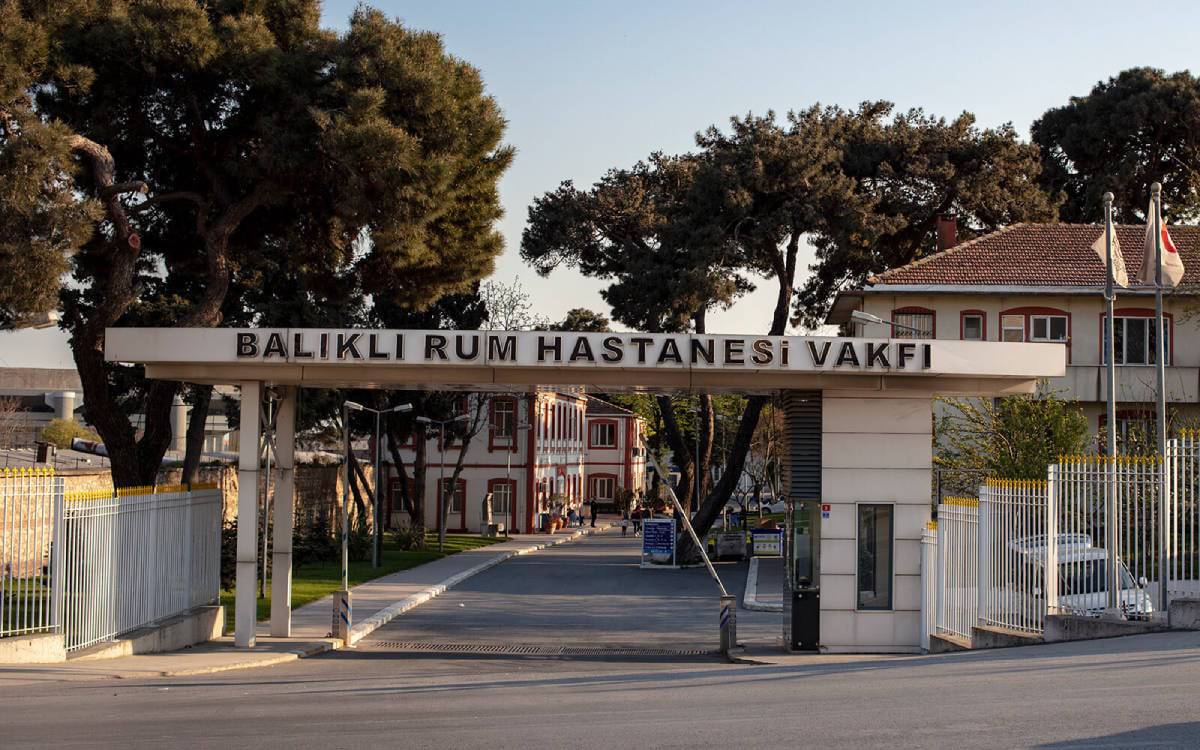The Constitutional Court has found in favor of the plaintiffs representing the Balıklı Greek Hospital Foundation, affirming their right to organizational freedom after decades of election inactivity.
The decision concerns Turkey’s officially recognized minorities of Greeks, Armenians, and Jews, who have historically faced challenges in maintaining their foundations.
The case centered on the Balıklı Rum (Greek) Hospital Foundation, where no board elections had been held since 1991. Plaintiffs Efthymia Meentzlou, Evdoksia Galanopulo, Katina Evdokiya Veriopolos, Keti Vuças, and Maria Filimon petitioned for elections but were repeatedly denied, prompting legal action. Their struggle reflects the broader difficulties faced by minority foundations in Turkey, which have often been hindered by legal and bureaucratic obstacles.
The court's decision criticized the inaction of the Foundations General Directorate, which had argued that a regulatory gap following the annulment of a 2013 directive made new elections legally unfeasible. This stance was initially supported by the Bakırköy 7th Civil Court of First Instance and later by the Court of Cassation, which upheld the lower court's decision in 2015.
However, the Constitutional Court's ruling highlighted the violation of organizational freedom, a fundamental right protected under the Treaty of Lausanne and the Constitution. The plaintiffs argued that the ongoing management's failure to hold elections not only breached their organizational rights but also infringed upon their property rights and religious freedoms.
The Treaty of Lausanne, signed in 1923, recognized Armenians, Greeks, and Jews as official minorities, granting them certain protections and rights. Despite this, minorities have often encountered systemic challenges in exercising these rights, particularly in managing their community foundations. (HA/VK)






